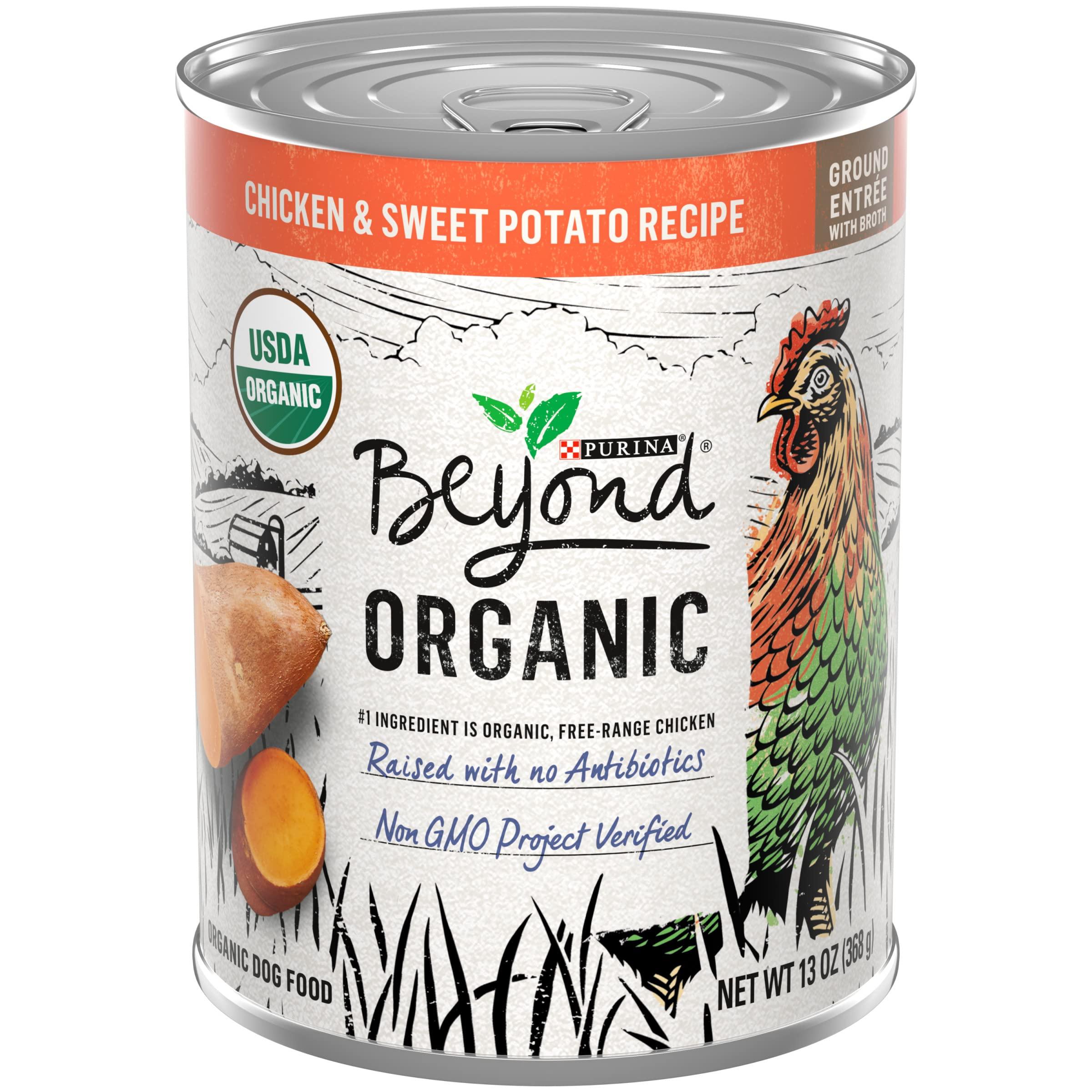When it comes to the well-being of our furry companions, we want nothing but the best. As pet owners, we are constantly seeking ways to enhance the health and happiness of our dogs, and one of the pivotal decisions we face is choosing the right food. With the growing trend towards organic products, many of us are left wondering: is organic dog food truly better for our dogs’ health? This article aims to explore the benefits and considerations of organic dog food, providing you with the knowledge needed to make an informed decision for your beloved pet. Whether you’re a seasoned pet owner or new to the world of canine care, join us as we delve into the world of organic dog food and uncover what it really means for your dog’s health.
Understanding the Nutritional Benefits of Organic Dog Food
When choosing food for your furry friend, understanding the nutritional value is crucial. Organic dog food often promises a wealth of benefits, largely due to its focus on natural ingredients. Unlike conventional dog food, organic options typically avoid the use of synthetic fertilizers, pesticides, and genetically modified organisms (GMOs), which can contribute to a more wholesome diet. Here are some potential benefits that might make organic dog food a wise choice:
- Improved Digestibility: Organic dog food often contains high-quality proteins and grains that are easier on your pet’s digestive system, potentially reducing the risk of allergies and stomach issues.
- Rich in Nutrients: With a focus on natural ingredients, organic dog food can provide a balanced diet rich in vitamins and minerals, supporting overall health and vitality.
- Free from Harmful Additives: By avoiding artificial preservatives, colors, and flavors, organic dog food can help minimize exposure to potentially harmful chemicals.
- Better Weight Management: Many organic foods are formulated to help maintain a healthy weight, offering a balanced blend of nutrients that support an active lifestyle.
Choosing organic food can be an investment in your dog’s long-term health, potentially leading to a shinier coat, more energy, and a happier, healthier pet. While every dog is unique, and dietary needs can vary, exploring organic options might be a step towards ensuring your beloved companion enjoys a nutritious and balanced diet.
Exploring the Impact of Organic Ingredients on Canine Health
When considering a shift to organic dog food, it’s essential to understand the potential benefits these ingredients can offer to our furry friends. Organic dog food is typically free from synthetic pesticides, antibiotics, and genetically modified organisms (GMOs), which are often found in conventional dog foods. These natural ingredients may contribute to improved digestion, healthier skin and coat, and increased energy levels in dogs.
- Digestive Health: Organic ingredients are often easier on a dog’s stomach, reducing the likelihood of gastrointestinal issues.
- Allergy Reduction: Many dogs experience fewer allergic reactions when switched to organic diets due to the absence of artificial additives and preservatives.
- Improved Immunity: The nutrient-dense nature of organic foods can bolster a dog’s immune system, potentially leading to a longer, healthier life.
While the benefits are promising, it’s crucial to consult with a veterinarian to ensure that an organic diet meets all the nutritional needs of your pet. Every dog is unique, and their dietary requirements can vary significantly based on age, breed, and health status. By carefully selecting the right organic options, pet owners can play a pivotal role in enhancing their dog’s overall well-being.
How to Transition Your Dog to an Organic Diet Safely
Transitioning your dog to an organic diet can be a rewarding change, but it requires careful planning to ensure your furry friend’s health and happiness. Start by gradually introducing organic food into their meals over a period of 7-10 days. Begin with a 75% of their current food and 25% organic food, and slowly increase the organic portion every few days. This gradual change helps prevent digestive issues and allows your dog to adjust to the new flavors and textures.
Key tips for a smooth transition:
– Monitor Reactions: Keep an eye on your dog’s stool and energy levels to ensure they’re adjusting well. Any adverse reactions should be discussed with a veterinarian.
– Stay Consistent: Maintain a consistent feeding schedule to help your dog get accustomed to their new diet.
– Hydration is Key: Ensure your dog has access to plenty of fresh water, as dietary changes can affect hydration needs.
– Consult a Vet: Before making the switch, consult with your veterinarian to ensure that the organic diet meets all of your dog’s nutritional requirements.
Remember, patience and observation are crucial during this transition. With careful management, your dog can enjoy the benefits of an organic diet while staying healthy and content.
Expert Tips for Choosing the Best Organic Dog Food Brands
When it comes to selecting the ideal organic dog food for your furry friend, it’s essential to consider a few key factors that ensure both quality and nutritional value. First and foremost, check the ingredient list. Look for recognizable, whole-food ingredients such as organic chicken, beef, or fish, complemented by a variety of vegetables and grains like sweet potatoes and brown rice. Avoid foods with vague terms like “meat meal” or “animal by-products,” as these can indicate lower quality ingredients.
- Certification: Ensure the brand is certified organic by reputable organizations, which guarantees the food meets strict standards for organic production.
- Nutritional Balance: Opt for brands that provide a well-rounded nutritional profile, catering to your dog’s specific life stage, size, and health needs.
- Transparency: Choose companies that are open about their sourcing and manufacturing processes, offering insights into where their ingredients come from.
Additionally, consider seeking out brands that prioritize sustainability and ethical practices, as these often go hand-in-hand with high-quality organic options. Remember, the best organic dog food should not only be good for your pet but also for the planet.

